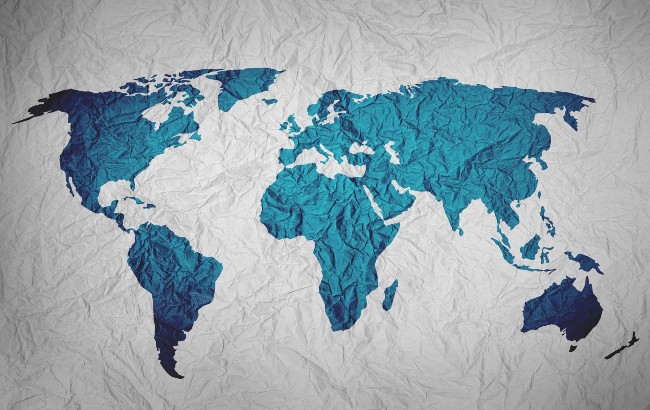WHO encourages higher taxes on alcohol
The World Health Organization (WHO) has called for higher taxes on alcohol to encourage ‘healthier behaviours’.

New data from the WHO revealed 2.6 million people globally die from drinking alcohol every year.
At least 148 countries have applied excise taxes to alcoholic beverages at the national level. The data also showed that for the most-sold brand of the most-sold spirit category, on average the excise tax is 26.5%.
For the most-sold brand of beer, the average is 17.2%. Furthermore, wine is exempt from excise taxes in at least 22 countries, most of which are in Europe.
Dr Rűdiger Krech, director, health promotion, WHO, commented: “Taxing unhealthy products creates healthier populations. It has a positive ripple effect across society – less disease and debilitation, and revenue for governments to provide public services.
“In the case of alcohol, taxes also help prevent violence and road traffic injuries.”
Further data supplied by the WHO showed countries like Lithuania, which increased its alcohol tax in 2017 to reduce deaths from alcohol-related diseases, increased alcohol tax revenue from €234 million in 2016 to €323m in 2018, with a reduction in deaths from 23.4 per 100,000 in 2016 to 18.1 per 100,000 in 2018.
In the UK this year, there has been an ongoing campaign to freeze alcohol duty on spirits. In August, the spirits sector faced a 10.1% tax hike in the UK, which was frozen in the autumn budget last month.
The Scotch Whisky Association (SWA) has previously highlighted the impact of freezing or reducing taxes for spirits producers. HMRC revenue data shows that spirits duty revenue to the Treasury has risen by 40% over the past decade after tax cuts and freezes.
Related news
Australia tax freeze favours beer over spirits
